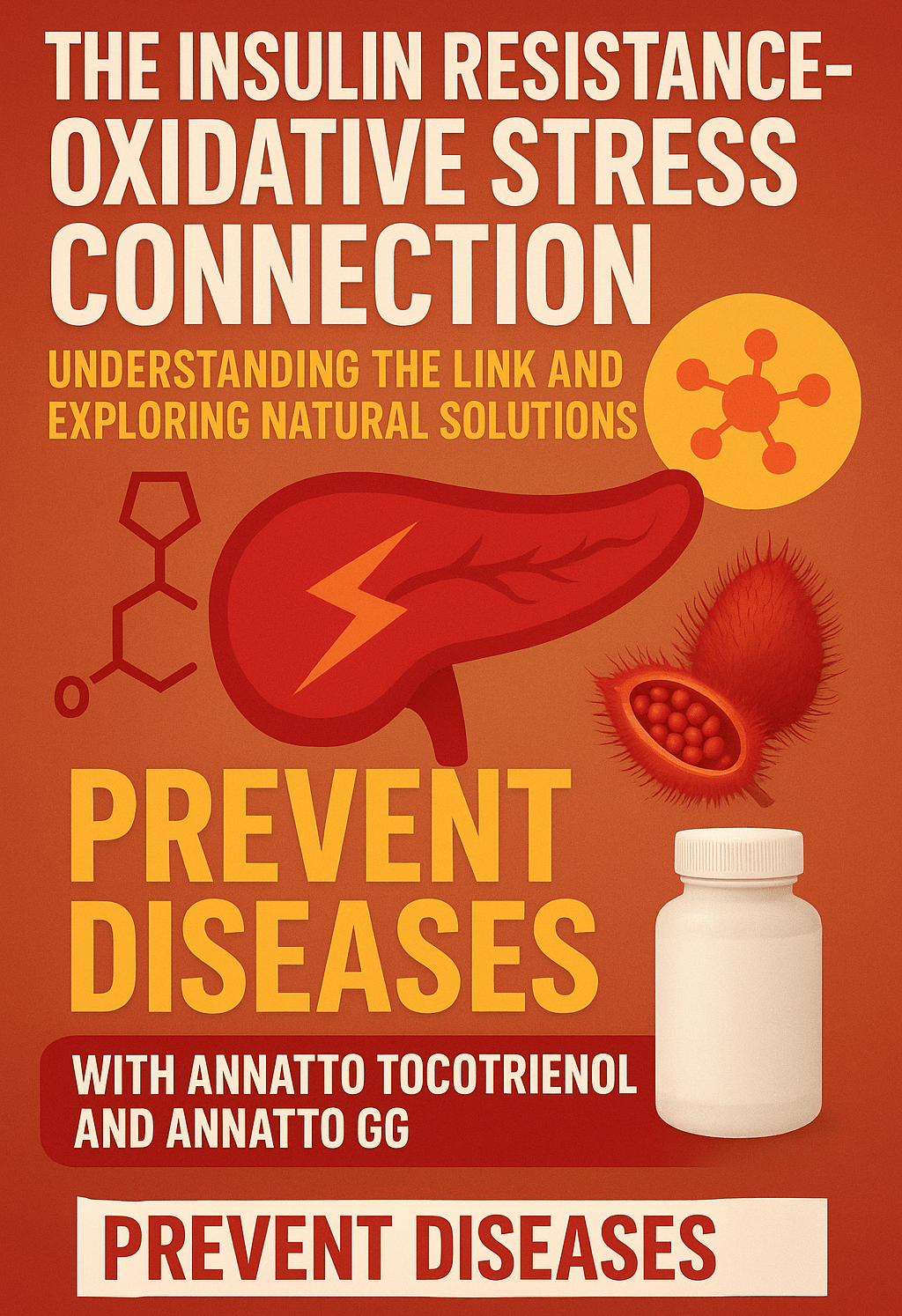Understanding Insulin Resistance & Its Impact
Insulin resistance is a common yet often overlooked health issue that can lead to serious conditions like prediabetes and type 2 diabetes. Learn how it disrupts glucose entry into cells and why recognizing this condition is crucial for maintaining better health.
FATTY LIVER DISEASELONGEVITYMETABOLIC HEALTHTYPE 2 DIABETESINFLAMMATIONBRAIN HEALTHMUSCLE HEALTHCELLULAR HEALTH
AlexanderJ
8/31/20252 min read


Why You Should Care About Insulin Resistance
Insulin resistance is one of today’s most widespread but often hidden health challenges. It happens when your body’s cells stop responding properly to insulin, the hormone that allows glucose to enter cells for energy use. Think of insulin as a key and your cells as locks; with insulin resistance, the locks become rusty, requiring more keys to open.
At first, your pancreas works overtime, producing extra insulin. But over time, this compensation fails, blood sugar levels rise, and the doorway to prediabetes and type 2 diabetes opens (Medical News Today; American Diabetes Association).
The Consequences of Ignoring Insulin Resistance
Insulin resistance doesn’t just affect blood sugar. Left unchecked, it sets the stage for a range of chronic diseases, including:
Type 2 diabetes
Cardiovascular disease and heart failure
Non-alcoholic fatty liver disease (NAFLD)
Hypertension
Polycystic ovary syndrome (PCOS)
Metabolic syndrome
Certain cancers
Alzheimer’s disease (Cleveland Clinic; PMC).
Oxidative Stress – The Silent Driver of Cellular Damage
Oxidative stress occurs when your body produces more free radicals than your antioxidant defences can handle. These free radicals damage proteins, lipids, and DNA, contributing to:
Neurological conditions (Alzheimer’s, Parkinson’s)
Cardiovascular disease
Diabetes and metabolic disorders
Kidney disease
Cancer
The Critical Connection - A Vicious Cycle
Research confirms a bidirectional relationship:
Oxidative stress impairs insulin signalling, damages mitochondria, and triggers inflammation (PMC)
Insulin resistance, in turn, worsens oxidative stress through high glucose, mitochondrial overload, and harmful by-products like advanced glycation end products (ScienceDirect)
At the heart of this cycle lie the mitochondria, our cellular power plants. Damaged mitochondria both generate and suffer from oxidative stress, deepening the problem (Frontiers in Endocrinology).
Annatto-Derived Nutrients - A Targeted Approach
Nature offers powerful tools to break this cycle. The annatto plant (Bixa orellana) provides two unique compounds:
Tocotrienols (T3) – Superior Vitamin E
Annatto is the richest source of delta-tocotrienol, a potent antioxidant and anti-inflammatory compound.
Clinical studies show tocotrienols improve blood sugar control, lower blood pressure, raise HDL cholesterol, and reduce triglycerides in people with metabolic syndrome and type 2 diabetes (RSC; Nutraceuticals; World)
They protect mitochondria, enhance insulin sensitivity, and suppress inflammation (PMC; Nature).
Geranylgeraniol (GG) – The Mitochondrial Rescuer
GG is essential for producing CoQ10 and vitamin K2, both critical for energy and bone health.
Studies show GG preserves muscle, enhances mitochondrial function, and reduces inflammation in diabetes models (PMC; WholeFoods Magazine).
When combined with tocotrienols, GG provides synergistic protection, enhancing antioxidant effects and improving muscle and metabolic health (PMC).
Why Use Them Together?
Tocotrienols and GG complement each other:
Tocotrienols fight oxidative stress and inflammation.
GG restores mitochondrial energy and prevents muscle loss.
Together, they address the root causes of insulin resistance and oxidative stress, helping to protect long-term metabolic health (In Silico Study).
Evidence-Based Recommendations
For prevention & early intervention: Tocotrienols 250–400 mg/day, especially effective in metabolic syndrome.
For mitochondrial support: GG at clinically relevant dosages (studied in animals at 400–800 mg/kg diet; human equivalents under study).
For best outcomes: Combine supplementation with lifestyle measures, balanced diet, regular exercise, and stress management (Frontiers in Pharmacology).
Take Action Today
The science is clear:
Oxidative stress and insulin resistance fuel each other in a vicious cycle that leads to diabetes, heart disease, and dementia. Breaking this cycle early is crucial.
By adding targeted annatto-derived nutrients, tocotrienols and GG, to your daily health strategy, you can protect your mitochondria, restore insulin sensitivity, and build resilience against chronic disease.
